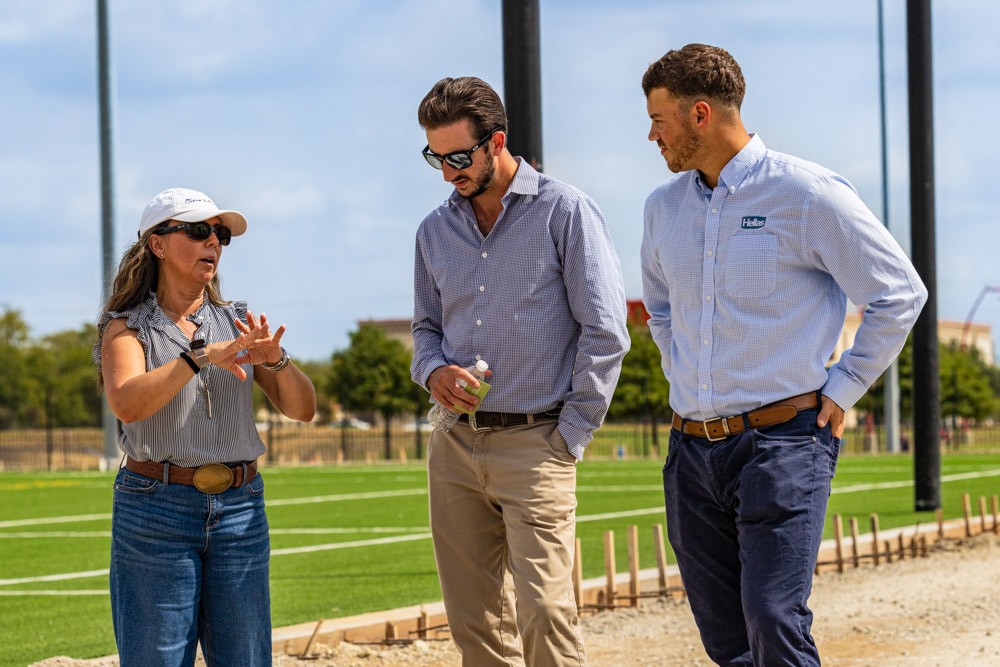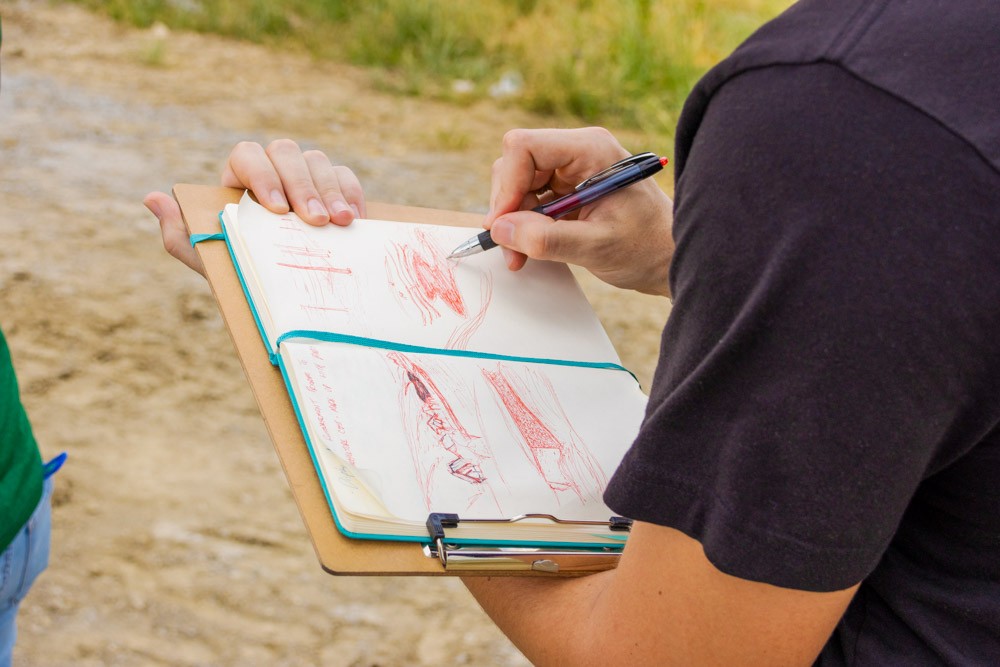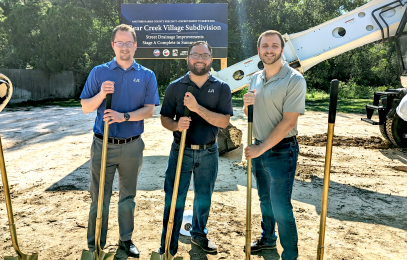
Every development project has a unique story and faces its own challenges. One consistent challenge, however, is cutting through the red tape of permits and approvals. While necessary to ensure safety and community standards, the process can often slow your project’s momentum. So how do experienced developers deal with this process?
In truth, there’s no way to magically eliminate the need for local government approvals, but you can streamline the permitting process for faster and less stressful results. Here’s what you need to know.

Why is the Permitting Process so Important?
The permitting process might seem like a slow hurdle to jump before the real work on your project begins, but it’s crucial for a successful outcome. Securing permits efficiently is the foundation of on-time project delivery. Not only does a smooth permitting process establish a positive first impression with local authorities, but it also saves valuable time and money. Delays caused by permit issues can be costly and stressful.
Ultimately, the permitting process ensures your project complies with safety regulations and environmental standards, fostering trust and protecting the community. By taking this step seriously, you’re laying the groundwork for a project that runs smoothly and benefits everyone involved.

A Closer Look at Typical Permits
Permitting can feel bureaucratic, but it sets the stage for a successful project life cycle. The specific permits you’ll need depend on your project’s location and scope, but here’s a look at some standard ones encountered in commercial development:
- Zoning and Land Use Permits. These confirm whether your proposed project aligns with regulations regarding allowed uses and building parameters in a specific zone. For example, if the land is zoned for industrial use, you likely won’t get approval for a mixed-use development.
- Site Plan Approval. Your detailed site plan should show the project’s layout including buildings, parking areas, stormwater management, utilities, and landscaping. Officials carefully review this plan to ensure compliance with local ordinances regarding density, traffic flow, environmental impact, and many other critical considerations.
- Environmental Permits. Depending on your site’s conditions and project impact, you might need permits related to stormwater management, air quality, or handling hazardous materials. The goal is to minimize any potential negative impact on the surrounding area.
- Utility Permits. These are essential for connecting your development to water, sewer, gas, electricity, and other necessary services. Coordinating with utility companies often requires additional lead time to ensure services are available to your site.
- Building Permits. These are required for constructing, adding to, or demolishing structures, ensuring they meet safety and structural codes. A building permit can trigger inspections at various project phases, giving officials a chance to verify that everything from the foundation to the electrical system is built correctly.
- Floodplain Development Permits. Development in FEMA special hazard areas require permits that demonstrate that the structure is reasonably safe from flooding and that adjacent properties are not impacted.
- Fire and Safety Permits. Ensure your project meets fire codes for suppression systems, evacuation routes, and more. Fire officials will review your plans and may require on-site inspections before granting occupancy permits.
The Importance of the Pre-Application Meeting
Pre-application meetings serve as a critical early step in the development permitting process, acting as a bridge between initial planning and formal application submission. They put you in a position to pursue permits with as few hurdles as possible:
- Get Preliminary Feedback. Think of a pre-application meeting as a way to get a sneak peek at how officials will view your project. You can show them your early plans and get their initial reactions. This kind of heads-up can save you a lot of time and headaches later—you’ll know if you’re on the right track or need to rethink things to better align with the municipality’s goals.
- Address Potential Issues. A pre-application meeting is your chance to brainstorm with officials. Ask all those “what if” questions, figure out any tricky spots in your plan, and understand the roadblocks you might face. It’s way better to work things out now than to be caught off guard during the actual approval process.
- Build Rapport. You can make the most of any pre-application meeting not just by merely coming prepared, but by building positive relationships with the people responsible for reviewing your project. Make sure to be clear about your plans and ask clarifying questions about any relevant requirements and be respectful. Even when you disagree, maintain professionalism to build a positive reputation, paving the way for smoother approvals in the future.
Assemble a Winning Team
The permitting and approval process is rarely something to go at alone. Surround yourself with experts who have a successful track record in your area. This should include experienced land use attorneys who specialize in zoning laws and the nuances of your locality, as well as architects and engineers who can ensure your designs meet code and can prepare the required drawings. In many cases, it’s also wise to have environmental consultants who can help assess a site’s environmental constraints and develop mitigation strategies, if needed.

Permitting might be the red tape, but with the right insights and guidance, it becomes the seal of approval on all your careful planning. That said, the permitting and approval process requires patience and a strategic approach. By understanding the rules, fostering communication, and preparing diligently, you can get through the process with greater efficiency and save yourself valuable time and money.
Let us know if you’d like help with the permitting process of your next project. LJA has the knowledge and experience to get you over the approval finish line, so you can start developing something exceptional.


